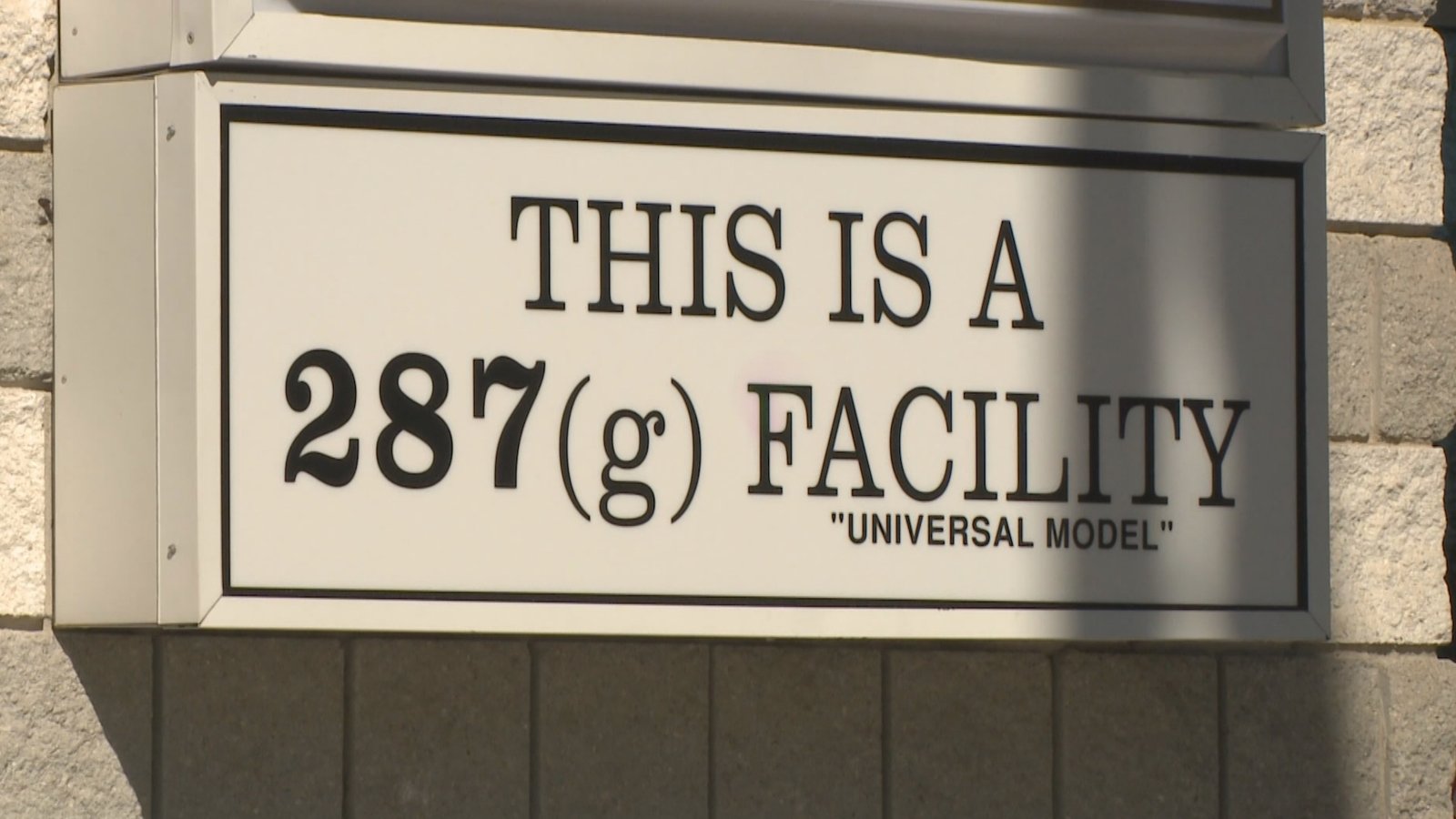In Georgia, Low-Level Charges Can Put People on ICE’s Radar
ATLANTA, Ga. — New data reveals that in Georgia, even low-level charges like driving without a license can place people on the radar of U.S. Immigration and Customs Enforcement (ICE), sparking debate over the state’s immigration enforcement policies.
How Minor Offenses Lead to ICE Arrests
An 11Alive News Investigates review of more than 600 cases found that nearly half of ICE arrests in Georgia originated from traffic-related incidents such as expired tags or driving without a license. About 15 percent involved DUI offenses, while only 10 percent of cases were tied to violent crimes.
The cases were identified through the controversial 287(g) program, a federal-local partnership that allows local law enforcement to flag suspected undocumented immigrants for ICE after arrests on state or local charges.
State Law Expands Enforcement
Georgia’s enforcement efforts were bolstered in 2024 when the state legislature passed House Bill 1105, known as the Criminal Alien Track and Report Act. The law requires law enforcement agencies to pursue agreements with federal officials under 287(g).
Supporters say the measure ensures accountability. “We have a wonderful, amazing country, but we also have a process that has to be followed for immigration,” said State Rep. Chuck Efstration. “Simply ignoring that process is not an acceptable response.”
Critics Cite Overreach and Family Impact
Immigration attorneys and advocates argue the program sweeps up too many nonviolent offenders. Emory University adjunct professor Emily Davis said she has seen families “being ripped apart” over minor charges, adding, “There has to be common sense” in enforcement.
Sheriff Stacy Jarrard, whose Lumpkin County agency participates in 287(g), acknowledged many ICE detainers begin with small infractions. “Usually it’s a minor misdemeanor offense,” he said.
Debate Over Effectiveness
The Trump administration has emphasized immigration enforcement as a top priority, focusing rhetoric on removing “dangerous criminals.” However, critics say the Georgia data suggests a mismatch between political promises and on-the-ground outcomes.
Meanwhile, ICE has promoted its high-profile arrests of violent offenders but did not provide details on overall program results in Georgia this year.
Do you believe Georgia’s use of the 287(g) program makes communities safer, or does it unfairly target families over minor charges? Share your thoughts in the comments and continue following SaludaStandard-Sentinel.com for in-depth coverage of immigration and public policy issues.







